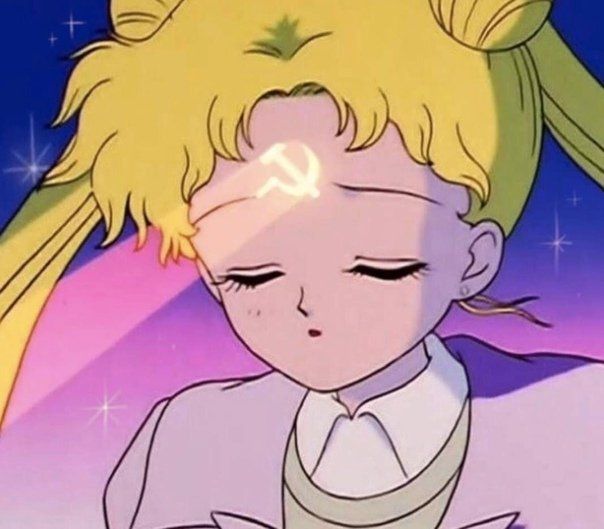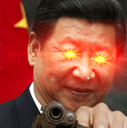Hello, I’d like to first say as someone who is not Chinese and well-versed in the theory surrounding one country two systems, I’m asking this more for educational reasons.
From my ignorant perspective I understand the important practical usage of the policy regarding the handing over of Hong Kong and Macau, and hopefully soon Taiwan, into the control of the PRC. If, like many Ultras and Maoists wanted, the PRC had immediately brought the former colonies, with highly entrenched and developed capitalist systems, under the direct control and supervision of the CPC, than most likely the UK and Portugal wouldn’t had even agreed to let them go, or if they did would immediately instigate color revolutions and mass violence. It was necessary, if undesirable, to maintain stability and social cohesion between the economies, west, and peoples of the former colonies by allowing a degree of independence and separation between them and the PRC. This is why the same policy is directed at the eventual reunification of Taiwan.
(As well its so hypocritical that the west demonizes China over its handling of Hong Kong given that China has been extremely lenient and hands-off compared to most governments, especially western ones, faced with the same situation of gaining control over new territory with a completely different, and opposed, economic model. We only have to look at the disastrous and quick implementation of decommunization to see such hypocrisy).
But will the policy end? And if so what are the preconditions which must be met in order to change the policy? Essentially, when will the PRC abolish the privileges Hong Kong and Macau posses and directly incorporate them within the economic and political system of the PRC? When will the CPC gain complete control over them? For many like myself I actively look forward to this day, to see the full freedoms the PRC grants given to the people of the former colonies. But what must be done in order for this process to begin? Is it a gradual process which has been actively taking place since reunification, or will it take place more rapidly in the future?
Again, I think China has bigger problems to worry about then this, and I believe the policy is itself correct and necessary. So I’m not proposing Xi must press the socialism button on Hong Kong now or else he’s not a real comrade. Rather, I’m curious as to how this entire situation is to be resolved, or how the CPC currently sees this happening.
Barring any change to current policy in regards to One Country Two Systems in HK and Macau, it will end (at the latest) in 2047 and 2049 respectively, i.e. 50 years after the return of these territories. Whether Taiwan will get the same timeline, or a longer or shorter one, remains to be seen and will depend on what the CPC decides and on the material, social and political circumstances in Taiwan province and in China as a whole at the time of the eventual reunification.
Yes this is a gradual process and the integration of both HK and Macau has been proceeding steadily, with a recent notable milestone along this road being for example the much needed National Security Law that was passed in Hong Kong in 2020 in the aftermath of the foreign instigated disturbances. The political system has also been reformed to be more in line with Whole-Process People’s Democracy and is now less susceptible to malicious actors and foreign influence. Similar reforms will continue until full integration.
And to clear up a small misconception in your post: this policy was not adopted to please the West, it was never up to the UK and Portugal whether to allow the return of these territories, they had no power at the time to prevent this. When the return of HK was negotiated Deng told Thatcher in very clear terms that either they would give it back peacefully or China would simply take it and there was nothing the UK or anyone else could have done to stop it. The reasons were almost wholly internal, as you rightly said this policy has served to maintain stability and ensure a smooth reintegration with as little strife as possible. Plus there were certain economic benefits from giving these regions special status in regards to trade with the rest of the world. This however is now becoming less and less necessary.
what you mention in your post resonated with a video I saw on YouTube once. The topic of how much Hong Kong contributed to china’s GDP was astronomical, I think somewhere around 20% in 1997. Nowadays I don’t even think Hong Kong even reaches the Top 10 Cities anymore. And there’s nothing it really contributes anyways, banking and services have become more developed in china thanks to its national banks, so its reliance on the city is very little. R&D and manufacturing exist very little in the city as well.
Taiwan is a different matter, Likely the status quo will prevail for the next decades, that is unless america collapses (which is still major chance of happening).
From “Press conference on successful implementation of ‘one country, two systems’ in Hong Kong and Macao since the 18th CPC National Congress”: http://english.scio.gov.cn/pressroom/2022-11/06/content_78504624_9.htm
Thank you, a question from Bloomberg. If a decision to extend “one country, two systems” past 2047 in Hong Kong was made, what would such an extension mean for Hong Kong’s future? Thank you.
Thank you very much for your question. Unswervingly, comprehensively, and accurately implementing “one country, two systems” is China’s unchanging policy. On July 1 this year, in his address at the meeting celebrating the 25th anniversary of Hong Kong’s return to the motherland, General Secretary Xi Jinping clearly announced to the world, “There is no reason for us to change such a good policy, and we must adhere to it in the long run!” If Hong Kong, Macao, and the international community had any doubts in this regard before, this speech by the general secretary on July 1 gave the final word, and all those worries and discussions no longer persist.
Now this doesn’t mean that the overall policy won’t change over the next couple of decades, but I think it’s more realistic for the transition to socialism to occur from within Hong Kong and Macao and not through intervention from the central government.
For reference: Xi Jinping’s address at the meeting celebrating the 25th anniversary of Hong Kong’s return to the motherland and the inaugural ceremony of the sixth-term government of the Hong Kong Special Administrative Region http://www.china.org.cn/chinese/2022-07/04/content_78303693.htm



